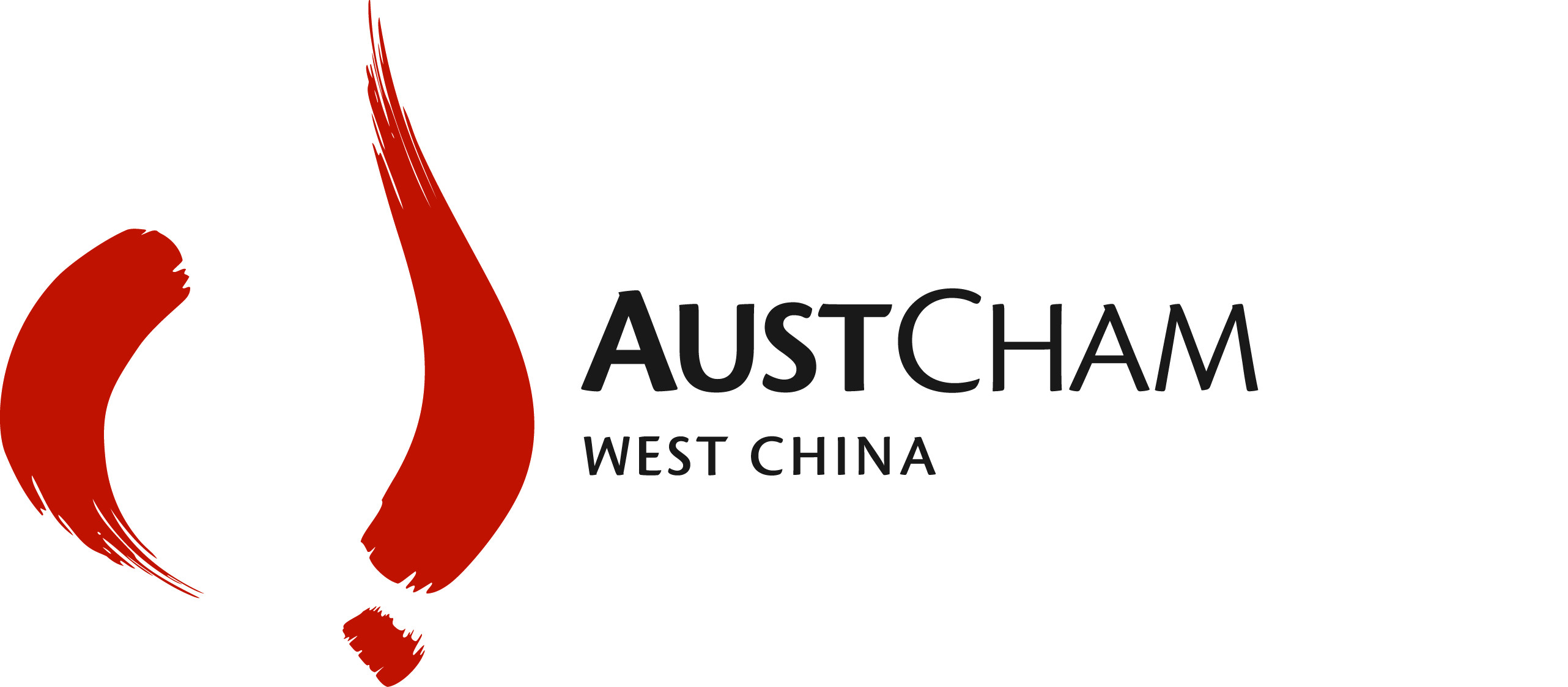Key highlights:
· The Trans Pacific Partnership delivers tariff reductions and improved market access for Australian agricultural products. With TPP countries representing a third of Australian agricultural exports, these benefits are potentially significant.
· Protein – this tariff reduction will remove the competitive advantage Australian beef was to enjoy as a result of the recently negotiated Japan-Australia Economic Partnership Agreement (JAEPA).
· Grains, cereals and sugar – Japan will create a new 6,000 tonne quota for Australian rice, growing to 8,400 tonnes after 12 years. Around one third of Australia’s sugar exports ($510 million of $1.5 billion) were destined for TPP countries in 2014. The agreement will grant and additional 65,000 tonnes to Australia’s US quota upfront, as well as 23% of future additional WTO quota allocations.
· Dairy – Japan, one of Australia’s most important dairy export markets, will lower tariffs and introduce new quotas for certain dairy products.
· The full details of the TPP are yet to be released, and hence a comprehensive assessment of the costs and benefits to Australia is not currently possible. At this stage, there is little clarity around any concessions made.
Phin Ziebell, Nab Agribusiness Economist
Full PDF available here

Write a Comment